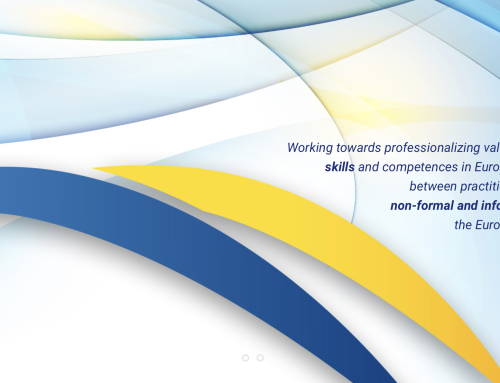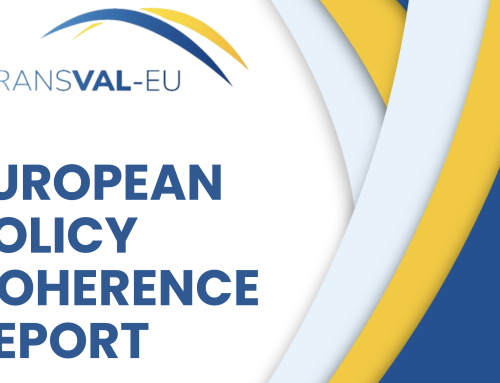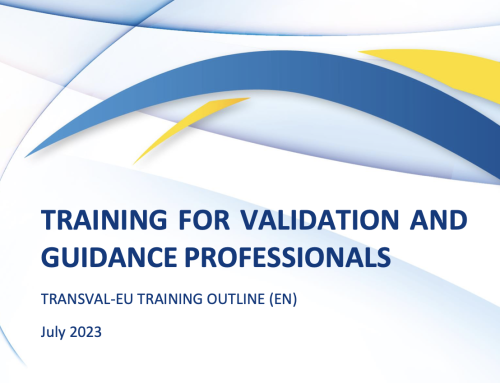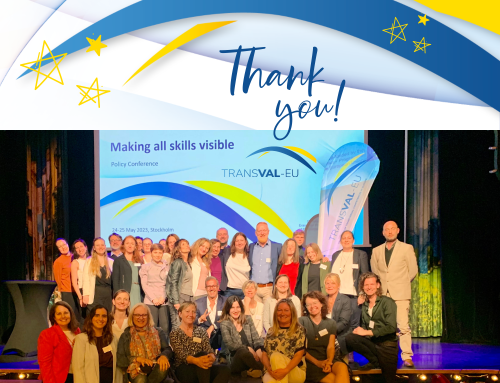In June, two national training sessions on the validation of transversal competences took place in Austria. They built on the European training for validation experts from five pilot countries, (Austria, Italy, Lithuania, Poland and Belgium) that took place in Perugia in May 2022.
The national training aims at testing the TRANSVAL-EU Curriculum and tools for the validation of transversal competences developed in the European context as well as at strengthening the competences of practitioners with regard to a more systematic integration of transversal competences in validation or guidance processes. The central objective is to provide validation and guidance practitioners from different national validation contexts and organizations with tools to recognize and identify transversal competences.
One of the two trainings was conducted by the Austrian Institute for Vocational Training Research (öibf) and took place in Vienna from June 1st to 3rd, 2022. A total of 16 people participated in this training. They come from different institutions and validation processes in Lower Austria, Upper Austria, Tyrol, Styria and Vienna, each with specific objectives and targeting different groups of people e.g. people with low formal qualifications, people with learning difficulties, job seekers, (young) adults in vocational rehabilitation or reorientation, people holding qualifications not recognized in Austria or migrants/refugees as well as people with experience in adult education.
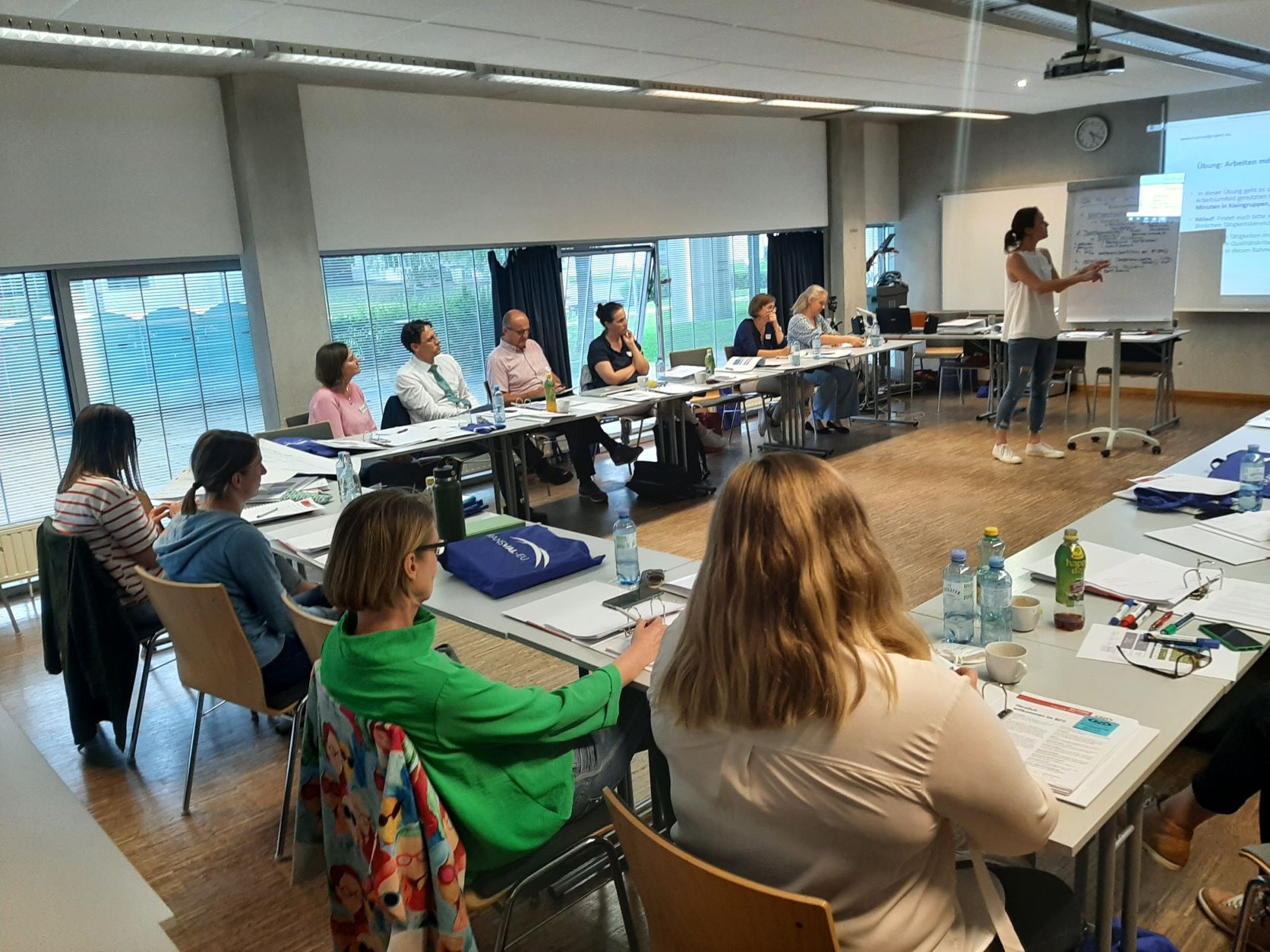
The four-day national training in Salzburg on June 2 and 3 as well as on June 23 and 24 was held by the Chamber of Labor Salzburg (AK Salzburg). The aim of the training in Salzburg was – as in Vienna – to test the instruments and tools for the validation of transversal competences. In contrast to Vienna, 14 validation experts and trainers and experts as well as personnel developers took part. This enabled an intensive exchange of ideas, taking into account current developments in the labor market.
Due to the rising demand for skilled personnel in various sectors, HR departments are required to explore new recruiting avenues to meet labour market requirements.
Therefore, raising awareness of the importance of transversal skills and demonstrating their transferability to changing contexts, have been considered as priorities for the training participants.
In both trainings, the practitioners showed great interest in the TRANSVAL products, for example the TRANSVAL competence framework and the collection of instruments and methods. In an intensive exchange process, possible adaptations to the respective contexts and initial steps for practical testing with clients were discussed. These pilots in real-life validation contexts in Austria are to take place in the coming months and are closely linked to the accompanying research.

